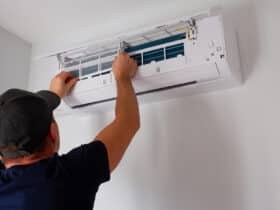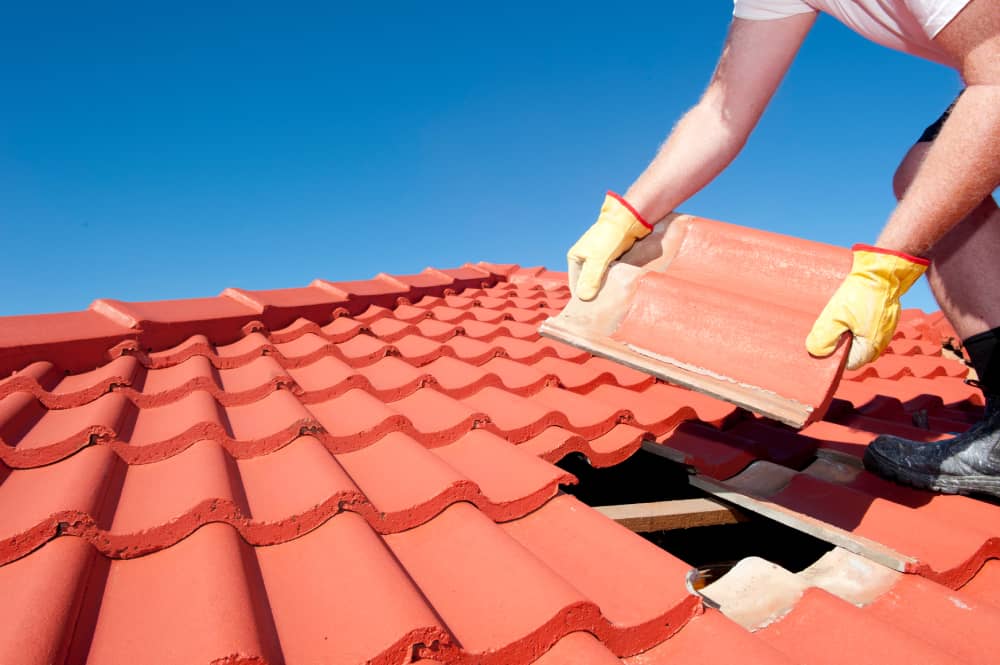With the housing market at an all-time high, many people wonder how quickly they can sell their homes. Whether you are downsizing, upsizing, or relocating for a job, there are several factors that will impact how long it takes to sell your home. Here are five of the most prominent:
1. The Location
If your home is in a desirable neighborhood, there’s a good chance you’ll be able to sell it fairly quickly. However, if your home is in a less desirable area, it may take longer to find a buyer.
The good news is that there are ways to enhance the location of your home, even if it’s not in the best neighborhood. For example, you can make sure your home is well-maintained and clutter-free. You can also stage your home to make it more appealing to potential buyers.
If your home has lots of amenities, such as a pool or a large backyard, that will also make it more desirable to potential buyers. When listing a home in a less-desirable area, be sure to highlight its premium features.
2. The Size
Generally speaking, larger homes take longer to sell than smaller homes. This is because there are fewer potential buyers for large homes. Additionally, large homes typically cost more to maintain and stage.
If you’re selling a very large home, it’s important to be patient and realistic about the timeline. It may take a few months (or even longer) to find the right buyer. If you’re selling a smaller home, you may be able to sell it fairly quickly, especially if your home is located in a desirable area.
In recent years, more small homes have hit the market. If your home is less than 2,000 feet, your home may be appealing to young first-time homebuyers.
3. The Condition
Typically, newer properties sell faster than older ones due to factors like their overall condition and the features or amenities they include. If you’re selling an older home, there are still ways to make it attractive to potential buyers. For example, you can make sure the home is clean and well-maintained.
You can also update the fixtures and appliances to give the home a more modern look. Gardens, backyard areas, modern kitchens, and swimming pools are other ways to make your home more valuable.
Smart appliances and solar panels are other excellent ways to make an older home more valuable and appealing. Many prospective homebuyers look for homes that have energy-efficient appliances and updated technology because they can save money on their utility bills.
You could even update the color of your home to give it a fresh look. The best colors to sell a house are neutral tones, like white, beige, and gray. You can also focus on cool undertones, like blue and green.
4. The Price
If your home is priced too high, it may sit on the market for months (or even years) without receiving any offers. On the other hand, if your home is priced too low, you may lose money in the long run.
It’s crucial to find the right balance when pricing your home. You’ll want to make sure you’re getting the most value for your home without pricing it out of the market.
The best way to price your home is to consult with a real estate agent. They will have a good understanding of the current market conditions and can help you come up with a competitive price for your home.
Another option is to use an online home value estimator, like Zillow’s Home Value Estimator. This tool will give you a good idea of how much your home is worth based on recent sales in your area.
Once you have a price in mind, it is best to be flexible. If your home isn’t selling after a few months, you may need to lower the price. Similarly, an unusually large number of interested buyers could indicate that you undervalued your property.
5. How Well You Market Your Home
There are a few different ways to market your home. The most common method is to list it on the MLS (Multiple Listing Service). This is a database of homes for sale that is used by real estate agents.
Another option is to list your home on a popular real estate listing platform like Zillow, Trulia, or Realtor.com. This will give your home exposure to potential buyers. You can also hold open houses or events. This is a great way to generate interest in your home.
However, if you decide to market your home on your own, it’s important to be careful. You don’t want to end up spending more money than you need to on marketing. Title companies, real estate lawyers, and other professionals can help you with the marketing and sales process.
6. The Current Market Conditions
The current market conditions will have a significant impact on how quickly someone takes your home off the market. There are two kinds of markets:
- Buyer’s Market: In a buyer’s market, there are more homes for sale than there are buyers. This gives buyers more negotiating power and puts downward pressure on prices.
- Seller’s Market: In a seller’s market, lots of people are looking to buy, but there aren’t a lot of homes for sale. This gives sellers more negotiating power and puts upward pressure on prices.
Buyer’s and seller’s markets often follow a cyclical pattern. The market conditions fluctuate every few years just as stocks and other investments do. Understanding market conditions is key to pricing your home correctly. If you’re not sure what the current demand for real estate is, you can check out the National Association of Realtors’ Housing Affordability Index. This index measures how affordable housing is based on current rates.
Endnote
Selling a home can be a long and complicated process. However, by taking the time to prepare your home and price it correctly, you can increase your chances of a quick and successful sale. Marketing your home properly is also key to attracting buyers and generating interest. If you’re not sure where to start, a real estate agent can help you with the selling process.














